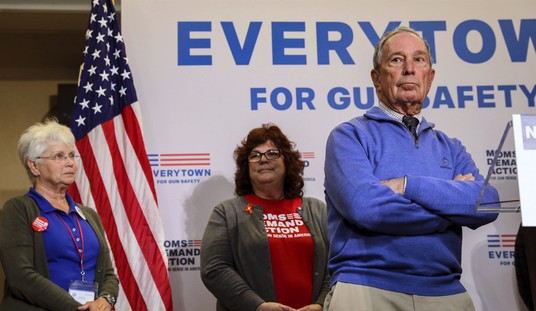It’s only been a week since I’ve reported on Massachusetts, after a flurry of correspondence between the state and Gun Owners Action League (GOAL), things quieted down a bit. The spat began with the Attorney General and RINO Governor Baker digging their heels in on the opinion in NYSRPA v. Bruen. From there a series of letters, and pieces of guidance has bounced back and forth, echoing into cyberspace. Gun Owners Action League is not the only organization in the Bay State taking aim at how the executive branch may be handling the application process for licenses to carry. The Commonwealth Second Amendment (Comm2A) recently weighed in on the matter.
The Supreme Court was asked to decide if the “Proper Cause” requirement New York implemented as a criteria for the issuance of a Concealed Carry Permit violated the Second Amendment. As many of you know, the Supreme Court found that the requirement violated the Second Amendment, and further clearly established three key items.
First, that the Second Amendment protects the right to carry a firearm for self defense outside the home.
Second, that any discretionary licensing rules were unconstitutional. This invalidated the “Proper Cause” requirement in New York, as well as other states with similarly structured laws (Including Massachusetts).
Third, any law which impacts the Second Amendment needs to be analyzed using a standard known as “Text, History, and Tradition” rather than the two step approach of “History along side a compelling government interest”.
The Commonwealth of Massachusetts LTC system placed great discretion within the hands of the licensing authorities (Typically the local Chief of Police) as to whether or not to even issue a license in the first place, and then, what sort of restrictions the license could carry. Restrictions have been as varied as “No Concealed Carry” to “Employment” to “Sporting Only” and so on.
The “Proper Cause” requirement is synonymous with Massachusetts asking applicants what purpose they have for acquiring a license to carry. The abolishment of New York’s standard also dissolved the similar standards in Massachusetts, New Jersey, California, Maryland, Hawaii, etc.
As reported previously, Massachusetts has not exactly been graceful in coming to terms with their new reality. That is a constitutionally aligned reality, where all of the peasants in the state that are not prohibited, may get an unrestricted carry license if they wished. Comm2A brings up this fact and offers a little guidance.
The Attorney General of Massachusetts has issued an advisory letter telling the Chiefs of Police that they may no longer deny a license for a non-statutory reason and they must issue licenses with no restrictions. The Firearms Records Bureau indicated they will no longer print LTCs with restrictions, and any LTC applications in process which had restrictions listed have been returned to the local police departments to be resubmitted to the FRB with no restrictions listed.
So what does all this mean for folks who already have an LTC with restrictions?
It is the recommendation of Comm2A that individuals with a restricted LTC write a polite and brief letter to their Chief of Police, or the appropriate designated licensing officer requesting that your LTC be reissued with no restrictions. If you receive a response which denies your request, reminds you that the restrictions are still in place until your next renewal or otherwise fails to re-issue a new LTC without restrictions, please contact us.
What’s Comm2A’s plan here, I don’t know. But given Comm2A’s track record, I’m sure there’ll be at a minimum the threat of litigation, if not a full on assault. Since the organization is asking for the public to inform them of any monkey business, it’s safe to say they do have a plan.
The United States we now live in has created a period of adjustment for many. For some, it’s quite uncomfortable. For others, like those in New Jersey, where it’s been reported the first few carry permits have already been issued, it seems as if we’re in a hazy dream. Most of Massachusetts had issuing authorities that did the right thing prior to any changes of policy, but those hold outs, they sure are stubborn. The Attorney General also has seemed to encourage authorities to come up with other nonsense via the “suitability” requirements, in order to infringe on peoples’ rights. Thankfully the people of the Bay State have groups like Comm2A and GOAL who have their six!








Join the conversation as a VIP Member